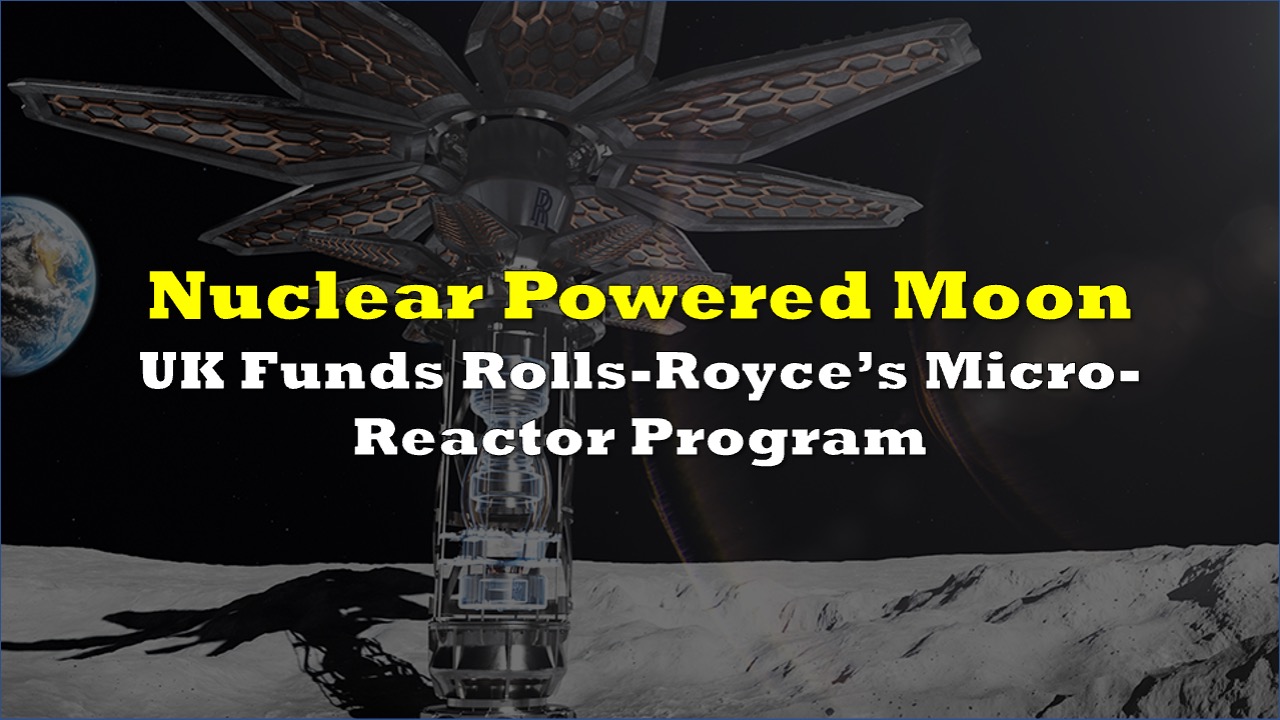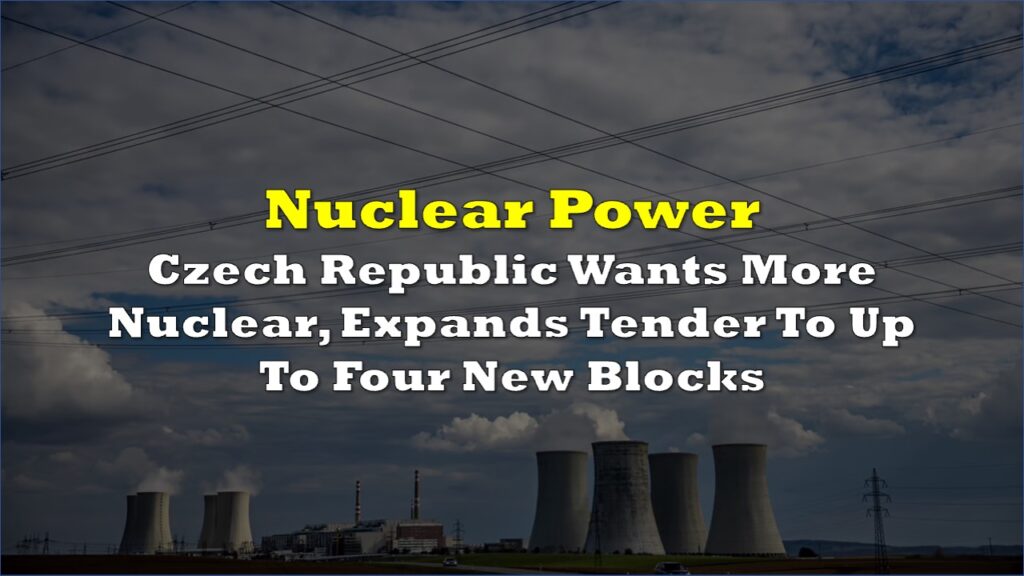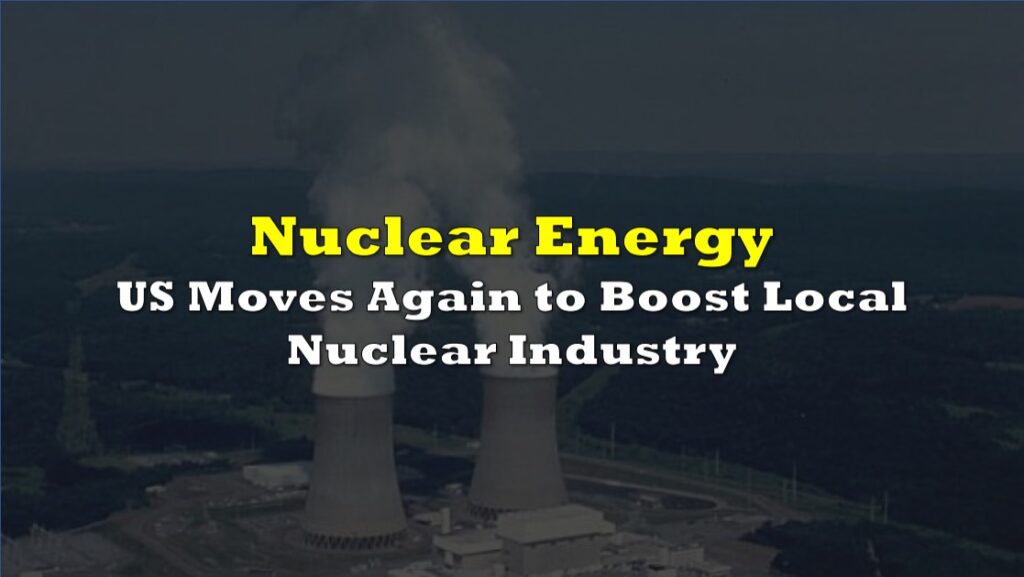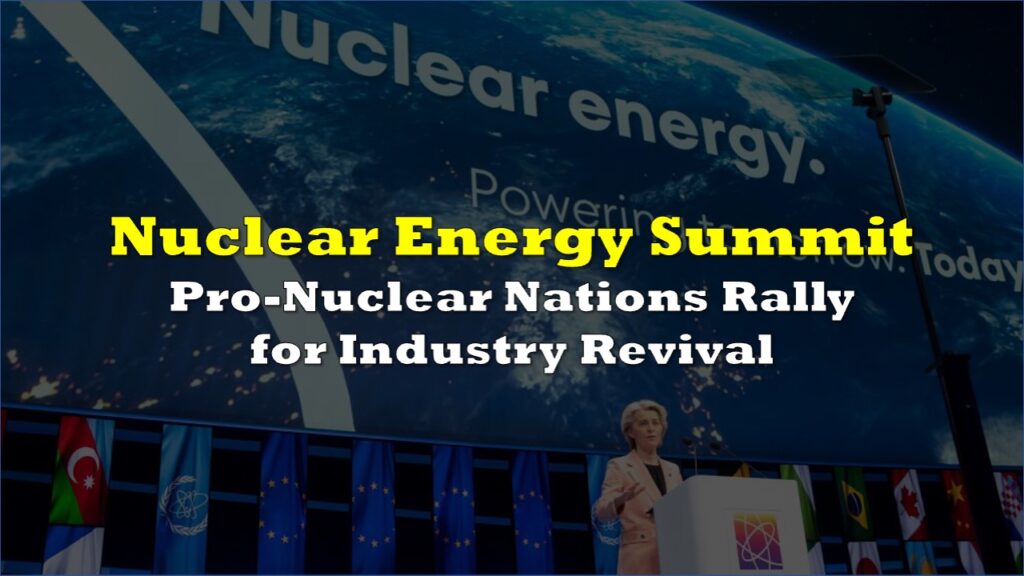As the United States, Japan, and China race to send humans back to the moon, the United Kingdom is supporting a mission that will one day provide a power source for humans to live and work on the lunar surface.
The UK Space Agency last week announced £2.9 million ($3.6 million) of new funding for Rolls-Royce’s (LON: RR) Micro-Reactor program. The program is expected to deliver an initial demonstration of a UK lunar modular nuclear reactor that would power life-support and communications systems as well as experiments on the moon. The agency also earlier funded a £249,000 ($306,800) study for the project.
We’re backing new research by @RollsRoyce that will support future Moon missions. 🚀🌕
— UK Space Agency (@spacegovuk) March 17, 2023
The funding will help develop tech that will provide power needed for humans to live and work on the Moon – from comms systems to life-support. 👩🏻🚀👨🏽🚀
👉 https://t.co/IctjqdmK5J#BSW2023 pic.twitter.com/lxb8pMfNNM
“As we prepare to see humans return to the Moon for the first time in more than 50 years, we are backing exciting research like this lunar modular reactor with Rolls-Royce to pioneer new power sources for a lunar base,” said Minister of State at the Department of Science, Innovation and Technology George Freeman
If successful, the project would dramatically increase the length of time humans can perform Lunar missions and improve their scientific value. Freeman added that the project is also expected to “create jobs across our £16 billion SpaceTech sector and help ensure the UK continues to be a major force in frontier science.”
Rolls-Royce is working alongside collaborators from the University of Oxford, the University of Bangor, the University of Brighton, the University of Sheffield’s Advanced Manufacturing Research Centre (AMRC), and Nuclear AMRC to develop the reactor. They plan to have it ready to send to the moon by 2029.
According to the news release, the UK Space Agency’s funding means “Rolls-Royce can further strengthen its knowledge of these complex systems, with a focus on three key features of the Micro-Reactor; the fuel used to generate heat, the method of heat transfer and technology to convert that heat into electricity.”
“This funding will bring us further down the road in making the Micro-Reactor a reality, with the technology bringing immense benefits for both space and Earth,” said Abi Clayton, Director of Future Programmes for Rolls-Royce. “The technology will deliver the capability to support commercial and defense use cases alongside providing a solution to decarbonize industry and provide clean, safe, and reliable energy.”
Applications for the technology on Earth have a lot of promise, ranging from commercial and defense uses. It could also potentially put the UK at the forefront of power and propulsion capability for multiple markets and operator needs, alongside a clean, green, and long-term power source.
Information for this briefing was found via UK Space Agency, and the sources and companies mentioned. The author has no securities or affiliations related to the organizations discussed. Not a recommendation to buy or sell. Always do additional research and consult a professional before purchasing a security. The author holds no licenses.









